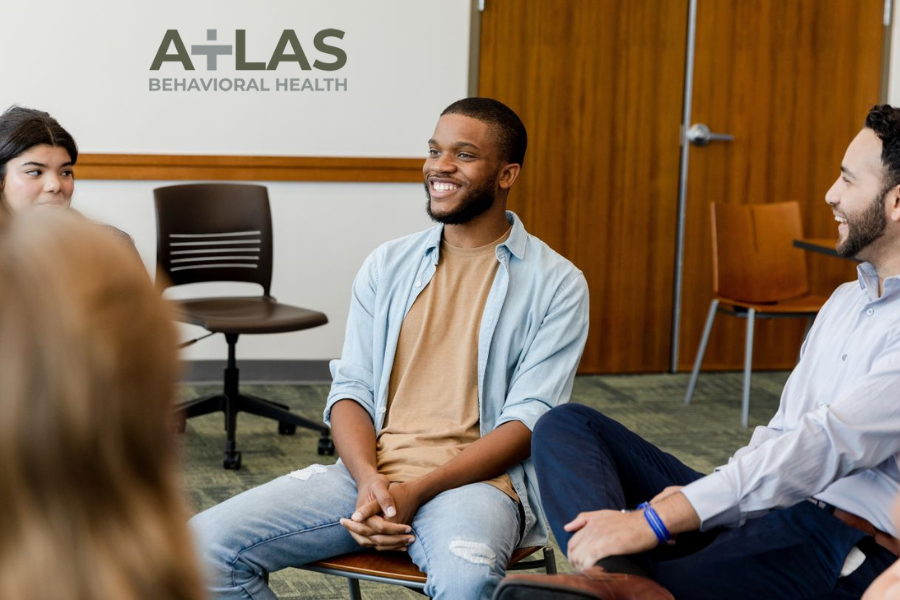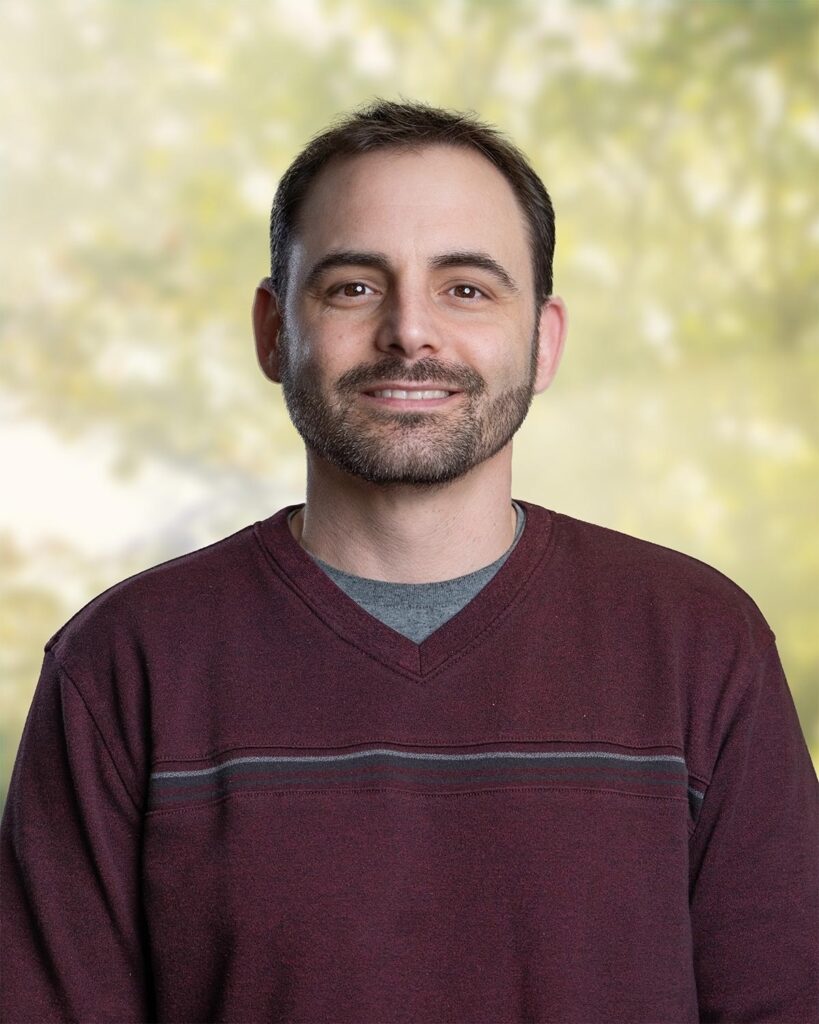Dual diagnosis treatment in Atlanta is a comprehensive approach to help individuals struggling with both mental health disorders and substance use issues.
Many people face both challenges simultaneously, and treating both at the same time leads to a better recovery process. Atlanta offers a unique form of care that combines experienced professionals, personalized treatment plans, and strong support.
This treatment model addresses the full spectrum of a person’s needs, ensuring they receive complete care for a successful recovery journey.
Integrated Care: A Complete Approach
Dual diagnosis treatment in Atlanta integrates care, treating both mental health disorders and substance use issues together.
Often, people with mental health disorders, such as depression or anxiety, turn to drugs or alcohol as a way to cope. Substance use can also make mental health symptoms worse. If treated separately, one issue may worsen while the other is addressed.
By using integrated care, Atlanta’s treatment centers ensure that both issues are managed at the same time. This holistic approach helps prevent relapses and ensures that recovery is more effective.
The treatment process takes into account the connection between mental health and addiction, offering a more thorough and complete solution for healing.
Skilled and Experienced Professionals
Dual diagnosis treatment in Atlanta stands out because it is led by a team of skilled and experienced professionals. This includes licensed therapists, psychiatrists, counselors, and nurses who specialize in treating both mental health and substance use disorders.
These professionals have the knowledge and experience needed to manage the complexities of treating both issues at the same time.
By having a specialized team, individuals in treatment receive the best possible care. The team works together to create a treatment plan tailored to each person’s unique needs.
They ensure that the treatment addresses all aspects of the individual’s mental health and addiction issues, offering a full spectrum of care that is necessary for healing.
The professionals also work to build strong, trusting relationships with individuals in treatment. Trust is crucial in the recovery process, and when people feel supported and understood, they are more likely to stay engaged in their treatment and recovery goals.
Personalized Treatment Plans
Personalized care is an essential part of dual diagnosis treatment in Atlanta. Every person has different experiences, challenges, and recovery goals, so a one-size-fits-all approach is not effective.
Instead, personalized treatment plans are designed to fit each individual’s unique needs.
The treatment plan takes into account the person’s mental health issues, substance use history, and personal recovery goals. It may include a variety of treatment methods, such as therapy, counseling, and medication, based on what works best for the person.
This custom approach increases the chances of success because it targets the specific challenges that each person faces in their recovery journey.
Personalized treatment plans also allow for flexibility. If a particular approach is not working, the plan can be adjusted. This flexibility ensures that individuals receive care that is best suited to their needs, increasing their chances of successful and long-term recovery.
Proven Therapies for Real Results
Dual diagnosis treatment centers in Atlanta use evidence-based therapies that are proven to help individuals recover from both mental health and substance use issues.
These therapies have been shown to improve mental health and reduce the likelihood of relapse. Some of the most effective therapies used in Atlanta include:
- Cognitive Behavioral Therapy (CBT): CBT helps people identify and change negative thought patterns. It teaches individuals how their thoughts influence their behavior and how to develop healthier ways of thinking. CBT can be particularly helpful for people with anxiety, depression, or substance use disorders because it helps them manage their thoughts and emotions more effectively.
- Dialectical Behavior Therapy (DBT): DBT focuses on managing emotions, improving relationships, and developing coping strategies. It is especially helpful for people with emotional regulation issues and those who struggle with intense emotions. DBT also helps individuals learn how to deal with stress and avoid self-destructive behaviors, such as using substances to cope.
- Medication Management: Medications can be used to stabilize mental health symptoms and make it easier for individuals to focus on their recovery. Medications may be prescribed to manage symptoms of anxiety, depression, or other mental health conditions that may be complicating recovery. Medication can help individuals maintain their mental health while they work on addressing their substance use.
These therapies combine to create a balanced, comprehensive recovery program that treats both mental health and addiction simultaneously.
Structured Care at Every Stage of Recovery
Recovery is a process, and structured care is essential to ensure individuals progress through each stage of their journey.
Dual diagnosis treatment centers in Atlanta provide a step-down approach, which means individuals start with the highest level of care and gradually move to less intensive levels as they progress in their recovery.
The stages of care often include:
- Partial Hospitalization Programs (PHP): This is the most intensive level of care. Individuals receive daily therapy, counseling, and medical supervision. PHP is ideal for people who need a high level of support as they begin their recovery journey.
- Intensive Outpatient Programs (IOP): After completing PHP, individuals move to IOP. This level of care provides more flexibility while still offering regular therapy and support. IOP helps individuals reintegrate into their daily lives while continuing treatment.
- Outpatient Programs (OP): The final level of care is outpatient treatment, which involves less frequent therapy. OP allows individuals to continue their recovery while managing their daily responsibilities, such as work or school.
Our care team designs each recovery stage to meet your specific needs.
This structured approach helps individuals feel supported while they move through their treatment, ensuring they receive the appropriate level of care at each stage.
A Supportive Environment for Healing
The environment in which individuals receive treatment is a key factor in their recovery. Dual diagnosis treatment centers in Atlanta provide a supportive environment that encourages healing.
A low client-to-staff ratio ensures personalized attention, helping individuals build trust and rapport with their treatment team.
Additionally, a supportive environment includes emotional and peer support. Group therapy sessions and peer support groups give individuals the opportunity to share their experiences and connect with others who are going through similar struggles.
This sense of community is incredibly valuable for reducing feelings of isolation and boosting motivation to stay engaged in recovery.
Clients and therapists build supportive relationships together. These strong, trusting relationships provide a foundation for healing and growth.
When individuals feel supported by their treatment team and peers, they are more likely to stay committed to their recovery and make long-term progress.
Aftercare Services: Long-Term Support for Success
Recovery does not end when treatment finishes. Aftercare services are crucial to maintaining long-term success. These services provide continued support to help individuals stay on track and avoid relapse.
Aftercare services in Atlanta may include:
- Ongoing Therapy: Therapy continues after the main treatment program to help individuals maintain progress and address any new challenges that arise during recovery.
- Support Groups: These groups provide a safe space where individuals can share their experiences, offer encouragement, and receive support from others who are in recovery.
- Sober Living Arrangements: Sober living homes provide a safe and supportive environment for individuals who are transitioning back to everyday life. These homes offer a drug-free living space and ongoing support, helping individuals adjust to life outside of treatment while maintaining their sobriety.
Aftercare services help individuals stay connected to their recovery community, continue addressing their mental health and substance use issues, and ensure that they have the tools and support they need to maintain their progress in the long term.
Why Dual Diagnosis Treatment in Atlanta Works
Dual diagnosis treatment in Atlanta works because it addresses both mental health issues and substance use disorders at the same time. By using personalized care, skilled professionals, and evidence-based therapies, Atlanta’s treatment centers ensure that individuals receive the most comprehensive care possible.
The structured care system helps people progress through their recovery journey at the right pace, while the supportive environment and aftercare services provide long-term support.
This holistic approach ensures that individuals receive the care they need to heal fully and successfully manage both their mental health and substance use issues for the long term.
With dual diagnosis treatment in Atlanta, individuals can find the support, guidance, and care they need to reclaim their lives and work towards lasting recovery.





